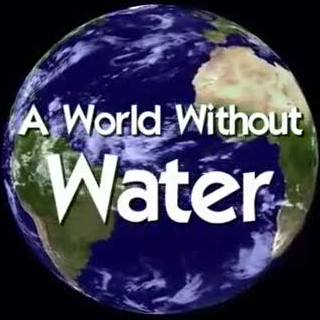 Oil is not the only thing is short supply in the modern world, it is just one of a number of resources that are hitting peak production and they may very well lead to a crisis. But how would you like to be without ware, which is one of the most basic resources needed for life?
Oil is not the only thing is short supply in the modern world, it is just one of a number of resources that are hitting peak production and they may very well lead to a crisis. But how would you like to be without ware, which is one of the most basic resources needed for life?
Believe it or not thanks to policies initiated by the World Bank, for many people in the world today that is a reality they do indeed face, and it has many repercussions, not only can you not get clean water to drink and wash with, you may also be completely stigmatised by those who do have access.
This documentary travels to Bolivia, India, Spain, Tanzania and back home to Detroit to see the effect that privatisation of water is having on the have-nots. It is one thing of course not to be able to afford that consumable you would like, but it is another not even to be able to get water for your family.
But of course they do HAVE to have water, and the water they get is dangerously polluted, so bad that people, especially children are dying because of it – most children in developing countries die of water-pollution related diseases.
But people have also started fighting back, as indeed they have to, as the basic resources for life must be got. It was water riots in Bolivia that brought to power the first indeginous president in South America – and he immediately appointed the leader of the demonstrations as his Minister for Water.
The sad thing, though, is that people who are poor are pushed into criminal activity, not because of their genetic defects or under-education or any other sociological factor, but simply because they have to survive.
if the video does not appear on the page, try reloading the page; and if that doesn’t work, leave a comment so I can update the page (the comment is not published)
Stills from the Documentary

Ledo searches for Water
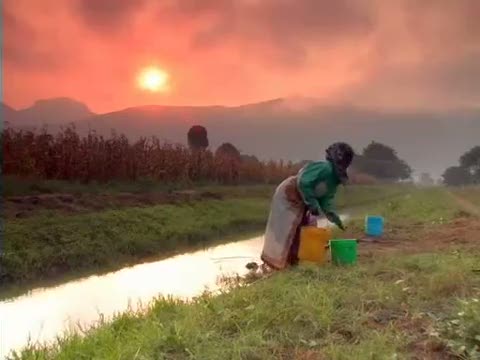
Water Wars in Africa
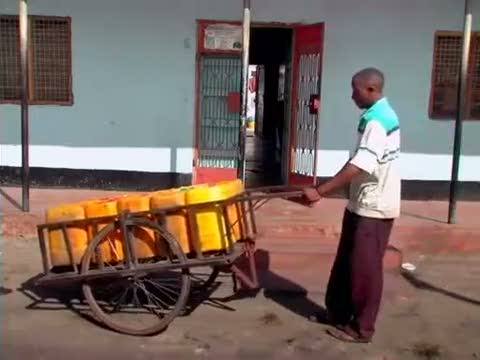
Water Delivery in Dar-es-Salaam
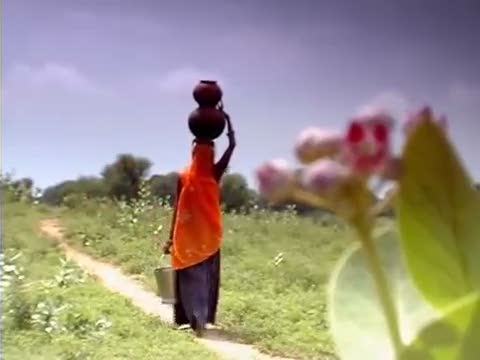
Carrying Water in India
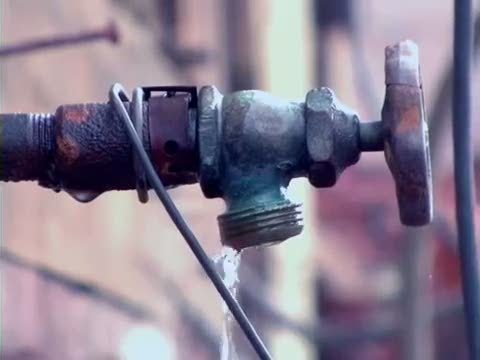
A Tap dripping Water
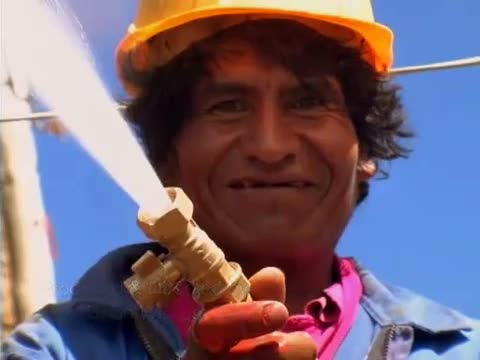
Ledo gets the Water

Interesting…but I do not agree with many things said in the text…it is easy to blame WB or others…but in the most case, and I mean in really most cases the mistakes are by the relevant governments at first ans secondly by the population itself…simply through carelessness and lazyness…especially in India and East Africa. Travelling and looking at such issues will not help…these are only opinions of one, whom was listening to a friend and so on. The person talking about this kind of issues, should get his hands dirty by doing a job in the field by solving problems…not just talking and blaming…that’s the easy part and to most common one as well.